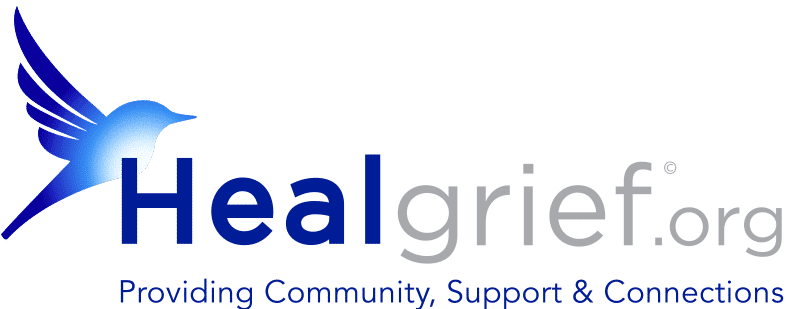We live in a world where grief seems to be all around us yet non-existent. What does that mean? Well, grief is one of the few things that everyone on earth will experience at some point in our life. We all will lose people and it will hurt. But where has society left us room to talk about it? Not many places.
A little bit about me to understand where I’m coming from on this topic of learning to speak about grief. My dad died when I was 9 after a long illness. He died the fourth day of the fourth grade and from that day on, I viewed the world differently and the world viewed me differently. I held more responsibilities than your average 9 year old and I felt different from my peers all the time. I felt like I could not talk about my dad with them too much because they thought it was weird. I didn’t want to burden my mom with my feelings a lot because I knew some of the struggles she was facing as a single parent and I didn’t want to add to her load. So in this world where grief wasn’t allowed, I had to keep it inside except for one safe place. Two weeks after my dad died, I started attending a grief support group for kids and this group was the one place where I felt safe to talk about my dad and my feelings about his death.
In middle school, my grief journey had another milestone as my Grammy died at the end of 8thgrade. I was 14 and I no longer had my backup caregiver. There were more feelings and there were more ways I now felt even more out of place at school and with my peers. I got through high school and went to college, and I chose not to tell people that my dad had died, because I didn’t want to be “that girl with no dad” anymore. I distinctly remember a time when my best friend looked at me in February of freshman year asking where my dad was. She said I talked about my mom a lot, but never talked about my dad. I looked at her and just said, “Oh he died when I was 9,” and then moved on with the conversation. And then sophomore year happened.
I was 19 in November of my sophomore year at SMU when my mom unexpectedly died. I now was the girl who had no parents and I felt that 90% of the people I encountered on a day to day basis had no idea what I was going through. In the two months I took of from school between November and the start of second semester, I made a big decision. My purpose in life was no longer to run from my grief. It was my purpose to lean into my grief. I started to let it define who I was. Grief was now part of my identity. Grief is what lead me to my current path of working to help those who are also grieving.
So how did I go from this girl who didn’t talk about her dead dad to being someone who talks publicly about grief, specifically her grief, almost every day? Well, I decided to lean into the grief. When it comes down to it, I truly believe that my life experiences so far has lead me to my purpose in life. The adjustment to talking about grief was almost immediate. When I came back to school after my mom died, I had no reservations about telling people my mom died. This was now a part of my identity. You don’t know me until you know about my grief, because I have chosen to let it be a defining part of my life. I want to speak and to raise awareness of childhood grief and young adult grief. I want everyone to know that one in fifteen children will have a loved one die before they reach the age of 18. I want the world to know that one in four college students are currently grieving. I want the world to know so that we can be more aware, but also so that we can become a world that being a grieving person is accepted on a day to day basis.
Bryna Talamantez, MS, LPFT-Associate, AMF Alumni

